Biological Age
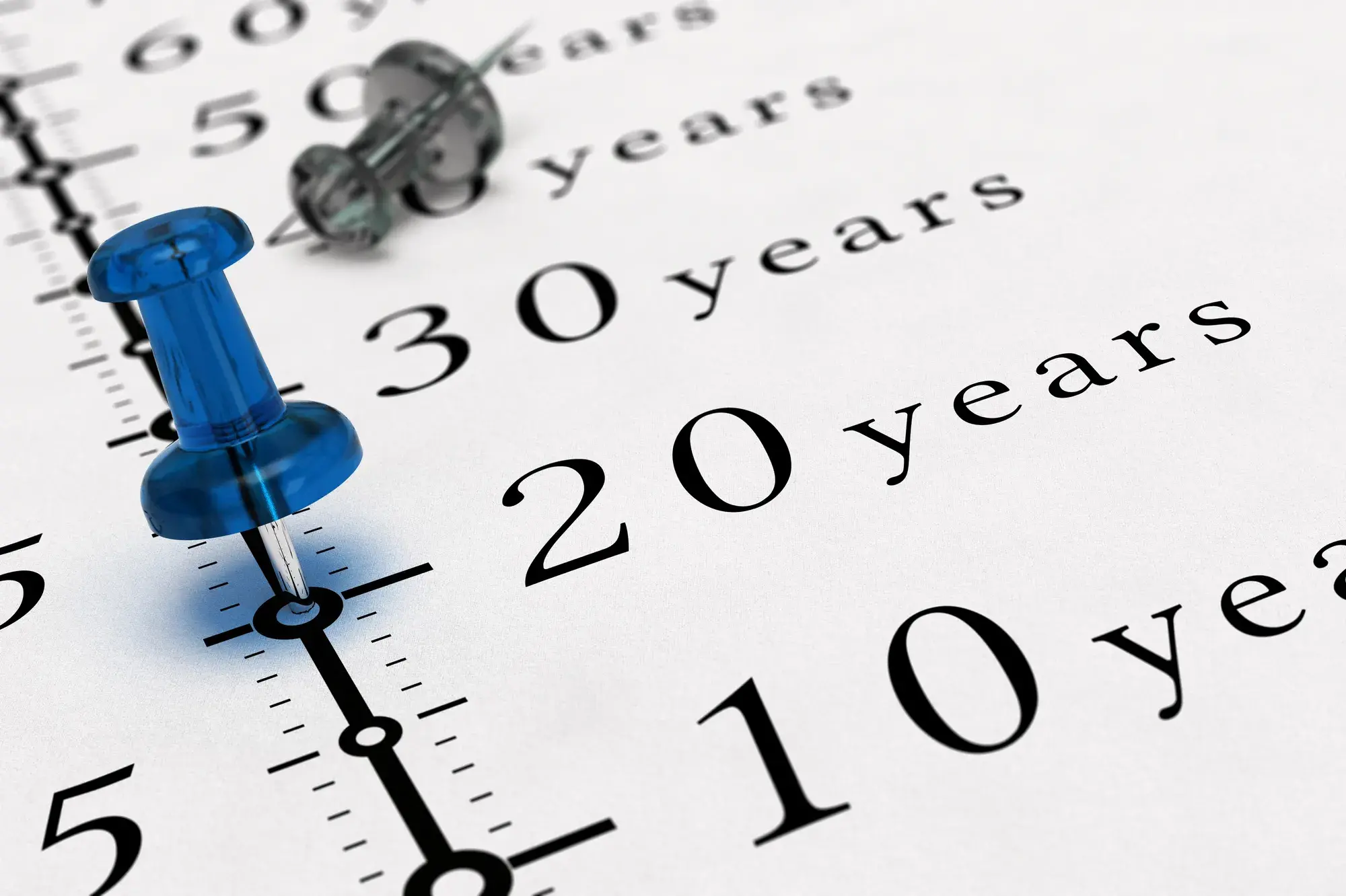
Using Biological Age Vs Chronological Age Calculator
Read More
February 5, 2024
When you think of aging, you probably think of your chronological age – the number of years that have passed since you were born. But there’s another type of aging that is not often talked about but can have a significant impact on your health and well-being: biological age.
Understanding your biological age can help you make better lifestyle choices and potentially slow down the aging process, which, in turn, can improve your overall health and increase longevity. The following is a closer look at this fascinating concept and its many dimensions.
Before we begin exploring the different factors contributing to aging and how you can adjust your lifestyle to slow it down, let’s first define the different types of ages.
Your chronological age is simply the number of years that have passed since your birth. Most people think of the chronological type of age when they hear the term “age.” It’s what you use to celebrate birthdays and how you keep track of your progression through life.
While this type of age is essential for legal and cultural reasons, it doesn’t necessarily reflect the true state of your body’s aging.
Psychological age refers to how old you feel mentally and emotionally. This type of age can often differ from your chronological age, as some individuals may feel younger or older than their actual number of years.
Stress, lifestyle, and personality can all contribute to your psychological age. For example, someone with a healthy and stress-free lifestyle may feel mentally younger than someone constantly under pressure and strain.
Social age is how old you are perceived to be by others based on societal standards and expectations. This type of age can also differ from your chronological age since it takes into account factors such as appearance, behavior, and social roles. For instance, a 40-year-old woman who dresses and behaves like someone in their 20s may be perceived as younger in terms of social age.
Biological age, also known as physiological age, refers to the actual state of your body at a cellular level. Biological age takes into account the wear and tear on your cells, tissues, organs, and overall bodily functions. Unlike chronological age, biological age is not fixed and can be influenced by certain lifestyle factors such as diet, exercise, stress management, and sleep habits. It has been observed that biological age is a better predictor of age-related diseases and overall mortality than chronological age because it reflects the current state of your body rather than just the passage of time.
The process of aging at a cellular level is complex and involves various factors. One of these factors is senescence, which refers to the permanent cessation of cell division and the loss of cell function. As you age, your cells eventually reach a state of senescence, leading to a decline in tissue and organ function. This process is considered a key contributor to aging as well as age-related diseases, such as cardiovascular disease and cancer. The following are some of the other factors that play a role in aging at a cellular level.
Telomeres are the protective caps located at the end of your chromosomes that help maintain the stability and integrity of your DNA. However, with each cell division, your telomeres get shorter until they reach a critical length, signaling cell senescence. Shorter telomere length has been linked to an increased risk of age-related diseases.
DNA methylation refers to a process that involves the addition of a methyl group to a DNA sequence, which can affect gene expression. A methyl group is a chemical compound consisting of one carbon atom attached to three hydrogen atoms. DNA methylation is vital to regulating gene activity. It is essential for normal development, but it can also contribute to the aging process.
As you age, your cellular DNA tends to accumulate more methyl groups, leading to changes in gene expression that may contribute to age-related diseases and conditions.
Because biological age is not solely based on the number of years you have been alive, it can be challenging to determine. This is because lifestyle habits, genetics, and environmental influences can also impact your biological age. However, there are various methods and tests that can help estimate your biological age.
A biological age test is a tool that uses various measurements and data to estimate your biological age. Some common methods used in these tests include measuring telomere length, DNA methylation patterns, and blood biomarkers associated with aging, such as cholesterol levels, blood pressure, and inflammation markers. These tests can provide valuable information about your body’s current state of health and its potential for future age-related diseases.
While you cannot stop the natural aging process, there are ways to slow biological aging and improve your overall health. For example, avoiding unhealthy habits such as excessive alcohol consumption, smoking, and a poor diet can help prevent premature aging. The following are some lifestyle habits and practices that have been shown to positively impact biological aging.
Accelerated biological aging and an increased risk of age-related diseases have both been linked to chronic stress. Implementing healthy ways to manage your stress, such as yoga, meditation, and deep breathing, can help slow down the aging process.
Knowing your biological age is essential for achieving healthy longevity. By understanding the various factors that contribute to aging at a cellular level, you can make informed decisions about your lifestyle habits and take proactive steps toward slowing down the aging process.
Learning more about longevity and staying updated on research and advancements in this field can also help you maintain your health and well-being as you age. For further reading on this topic, be sure to check out our upcoming book, Longevity is the New Wellness, available soon on Amazon. This book provides valuable insights into how lifestyle choices can impact biological aging and offers practical tips for achieving a longer and healthier life. By taking control of your biological age, you can improve your overall health and well-being and strive for a longer, happier life
Are you ready to take control of your health and make improvements to your biological age? Know your biological age here!
About the Author
Will is a healthcare executive, innovator, entrepreneur, inventor, and writer with a wide range of experience in the medical field. Will has multiple degrees in a wide range of subjects that give depth to his capability as an entrepreneur and capacity to operate as an innovative healthcare executive.
Share on Social Media
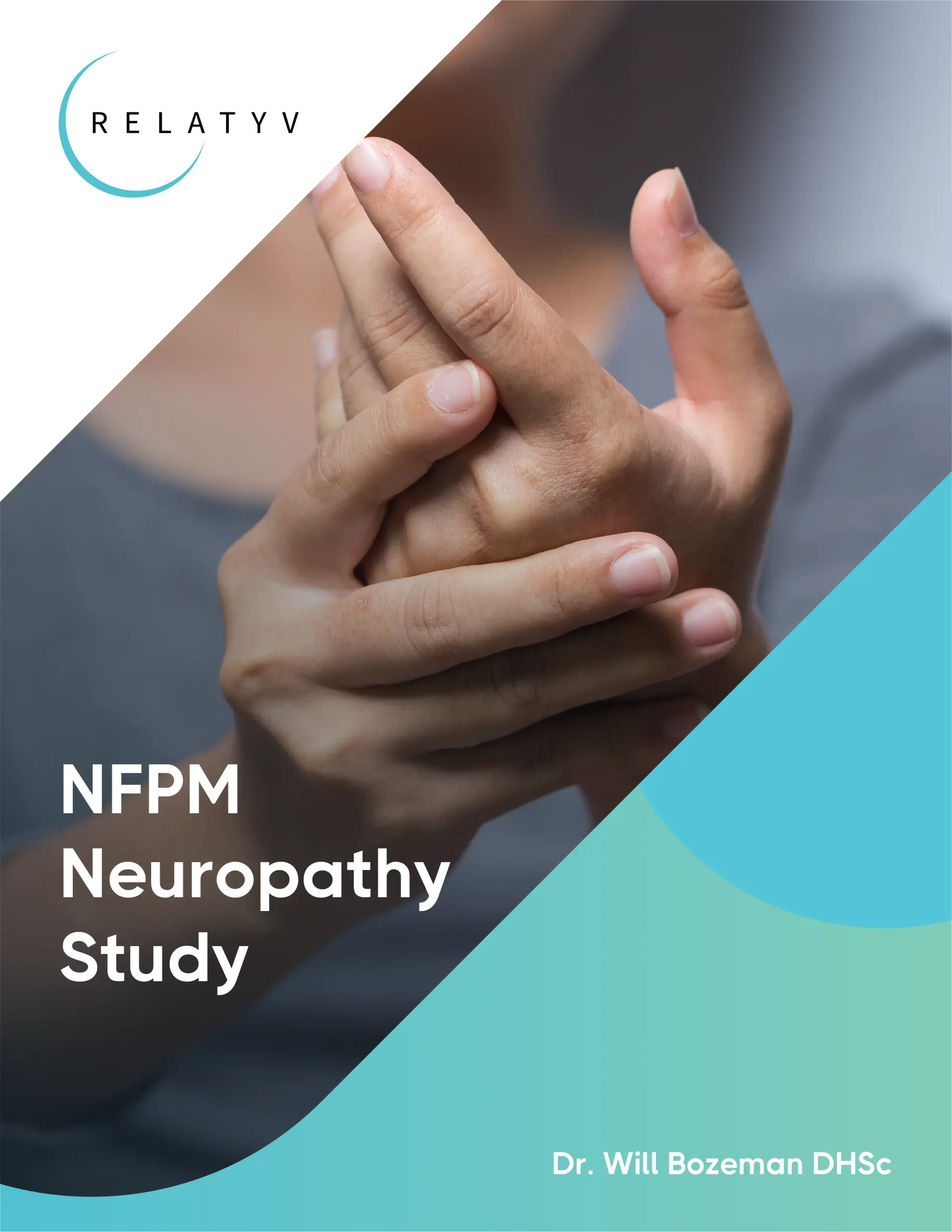
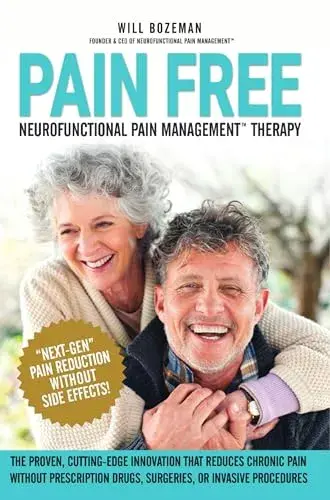
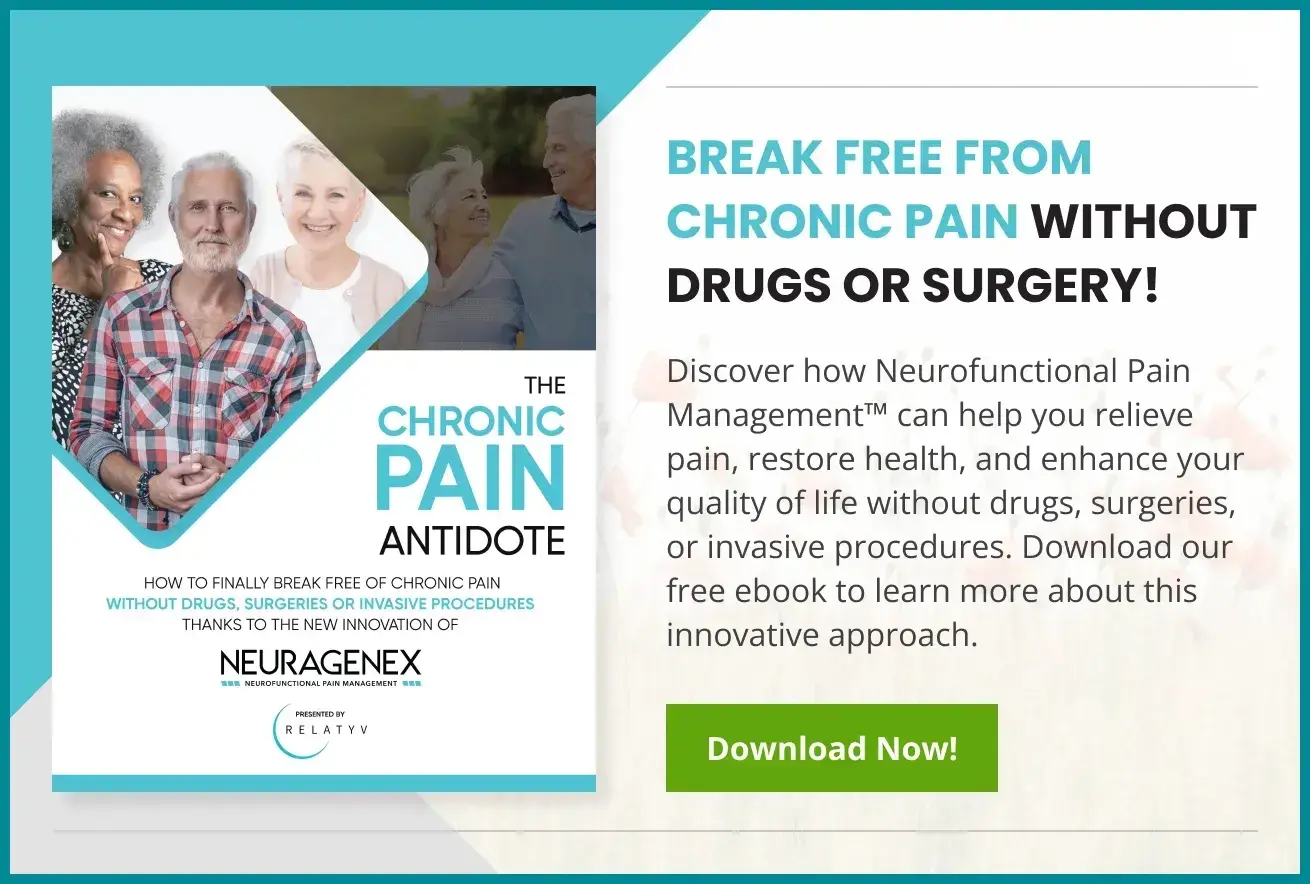
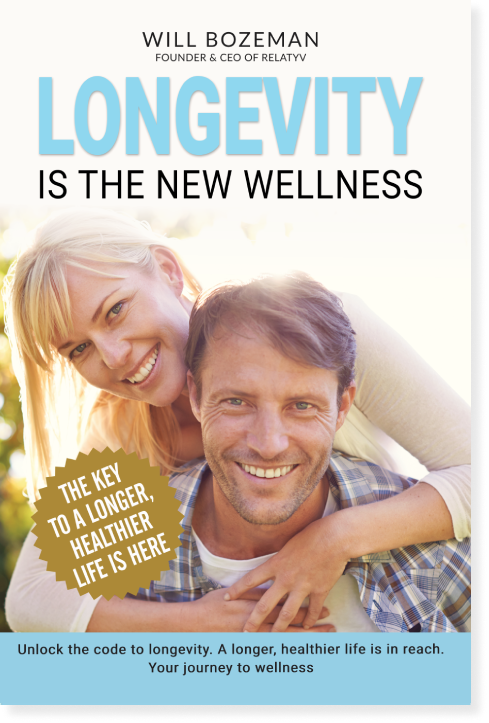
You can see how this popup was set up in our step-by-step guide: https://wppopupmaker.com/guides/auto-opening-announcement-popups/
You can see how this popup was set up in our step-by-step guide: https://wppopupmaker.com/guides/auto-opening-announcement-popups/
Neurofunctional Pain Management Overview
IV Therapy
Symptoms
Conditions Treated
Treatments
Articles by Category
Locations
Colorado
Wisconsin
Georgia
Hiram
Lawrenceville
Marietta
Powder Springs
Texas
Waco
Victoria
Illinois
Buffalo Grove
New Lenox
St. Charles
Arizona
Tucson
Waddell
Arlington
Avondale
Buckeye
Superior
Mesa
Palo Verde
Morristown
Tempe
Chandler
Anthem
Eloy
Florence
Fort McDowell
Phoenix
El Mirage
Coolidge
Gilbert
Arizona City
Casa Grande
Casa Blanca
Aguila
Sacaton
Apache Junction
Kearny
Stanfield
Goodyear
Litchfield Park
Alabama
Arkansas
California
Florida
Idaho
Louisiana
Michigan
Rhode Island
Minnesota
Nevada
New Jersey
New Mexico
North Carolina
Ohio
Pennsylvania
South Dakota
Tennessee
Virginia
Washington

